Homey Hub Now Has ‘Official’ HomeKit Support
Homey, the hub that acts like ‘glue’ by sticking all your disparate smart devices together under one controller, has been around for a while now, and although it has been able to work with HomeKit in a round about way, with a variety of plugins, it was always a beta option. However, Homey have now announced via their blog that they now have ‘built-in’ HomeKit support.
What does this mean for us HomeKit users though? Well, all those lovely smart devices you might have by different manufacturers, many of which aren’t HomeKit compatible as such, will now be able to communicate with each other, without the need for a Raspberry Pi, for example. As Homey themselves state;
Homey now has built-in support for Apple HomeKit. When enabled, you can control all your devices from the Home app on your iOS device, and using Siri using a HomePod or iOS device. There are very few HomeKit accessories for sale, so with Homey’s massive support for all brands, this is a much welcome addition for Apple users.
The Homey Hub is available directly from their website for €299,00 – although at the time of writing, they’re currently sold out.
Thanks to Dale Wright for spotting this news.

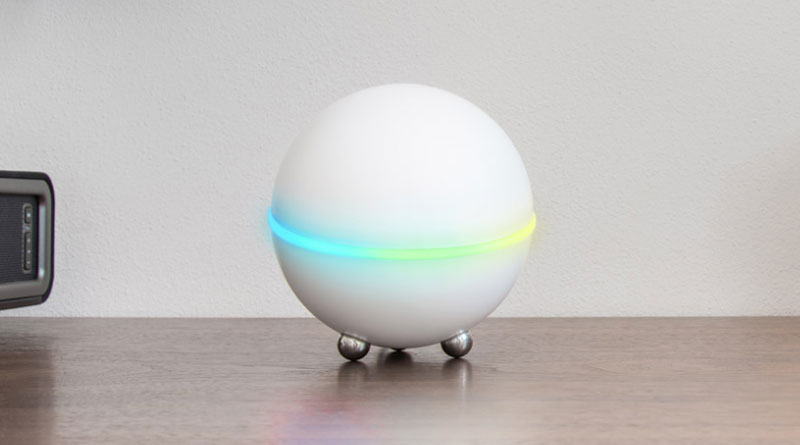
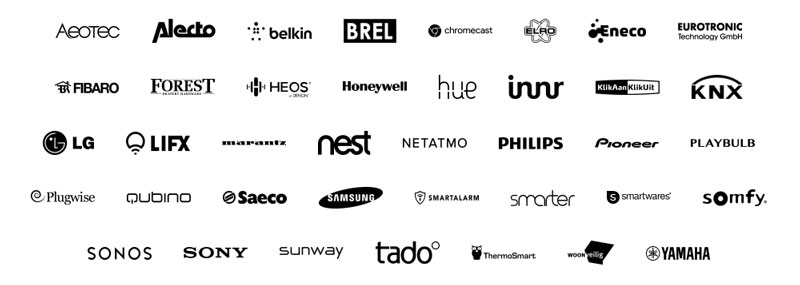
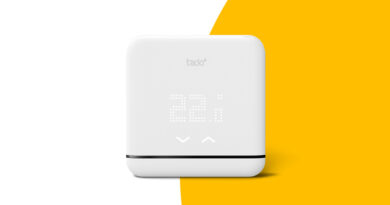
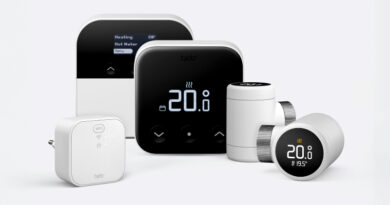
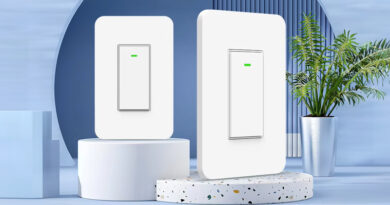
Unfortunately, Homey is not a certified HomeKit-enabled accessory.
That’s correct, which is what the article says.
Ok, so how do you interpret the following quote “Homey now has built-in support for Apple HomeKit.”?
You would need to ask Homey about that, as it’s a quote from the company’s press release. However, their plugins do work with HomeKit, regardless of whether it’s certified or not, so they’re not being untruthful.
OK, I understand.
I thought that the products listed were officially certified. If you are not excluding solutions that plan to support in the future, or have used some publicly available APIs then that opens up the list of products.
I try to draw a balance between stuff that I think HomeKit users will genuinely find useful, even if they require some kind of workaround to work in HomeKit, or if it’s somehow pushing the boundaries of what can be achieved, and stuff that is clearly ‘pushing it’ when it comes to what could be considered useful. For example, I did initially add a listing for a smart plug that was supposed to be HomeKit compatible. I bought one for testing only to find it a real pain-in-the-ass to set up for HomeKit, which was not officially certified, but to cap it all off, it didn’t even come with the relevant safety certification. So something like that, where not only are the plenty of alternatives, but also could be considered a hazard, I keep off the site.
I’m actually looking into adding stuff that works with Siri Shortcuts, as I think it’s an area that could evolve with HomeKit in interesting ways, but as I largely maintain this site by myself, with assistance from a few reviewers, I have to try and decide what I can achieve, while maintaining the core of the HomeKit theme.
On top of all of this, some products have had HomeKit, albeit unofficially, only to lose that functionality down the line, but I still include them for archival reasons. Hope that explains it all a bit better.
It’s a balancing act!